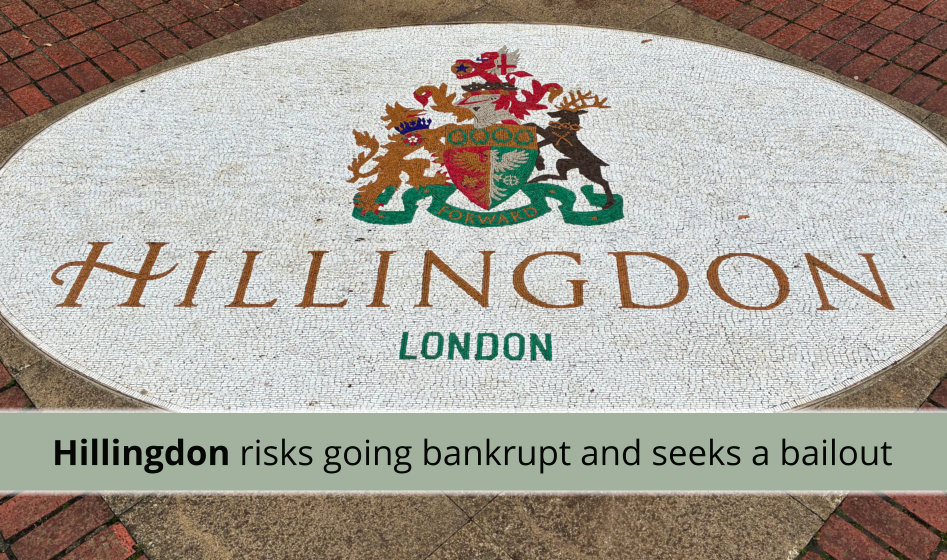
Hillingdon Council is facing a severe financial crisis. Its latest financial report forecasts the 2025/26 budget to be £31.6 million overspent as of the end of August.. (Note: The council’s headline figure is £30.2m, but £31.6m is the figure required to make its own sums add up).
This overspend will wipe out the council’s entire General Fund reserve, which held only £6.7 million at the start of the year. This leaves the council projecting a negative balance of -£24.9 million by March 2026.
As a result of this “untenable” position , the council has confirmed it is in negotiations with the central government to secure “Exceptional Financial Support” (EFS). This is effectively a government bailout required when a council cannot meet its financial commitments. If it can’t agree to arrange that support with the government, it has to go bankrupt.
The council’s own current Chief Financial Officer has said the only reason he hasn’t already issued a Section 114 Notice (the council-equivalent of going bankrupt) and halted all non-essential spending is because of those ongoing discussions with the government.
Read more in our special series of articles:
- Hillingdon Council risks going bankrupt before March and is seeking a government bailout
- Glossary of names and terms
- A Timeline of Warnings, Shifting Explanations, and Internal Failures
- Hillingdon Council isn’t going bankrupt because of the cost of asylum seekers, refugees, Chagossians or aliens
- What Has Actually Gone Wrong? The Three Core Failures
- The London Councils video: A smokescreen for a local failure?
- The Council’s Financial Crisis Explained
- A “Bailout” Explained: What is Exceptional Financial Support?
- If the council goes bankrupt, what differences would residents see?



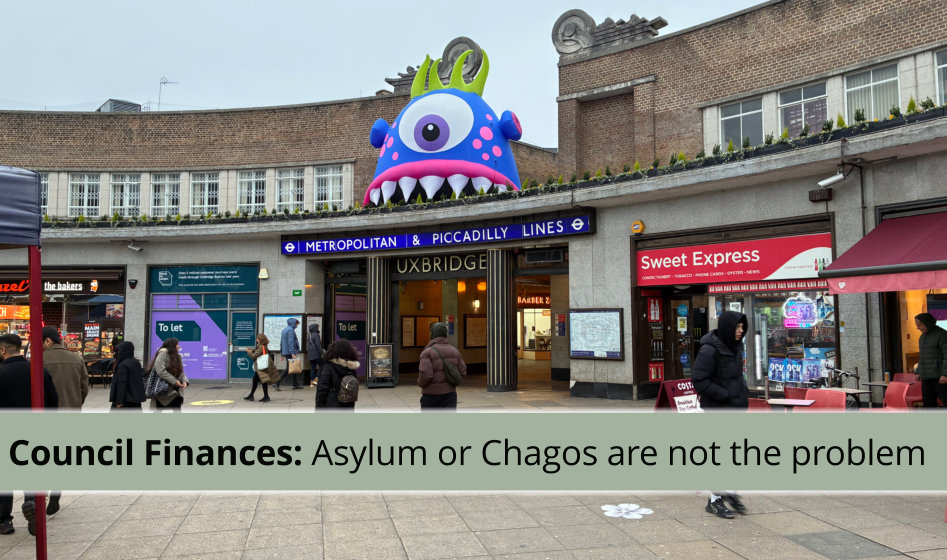
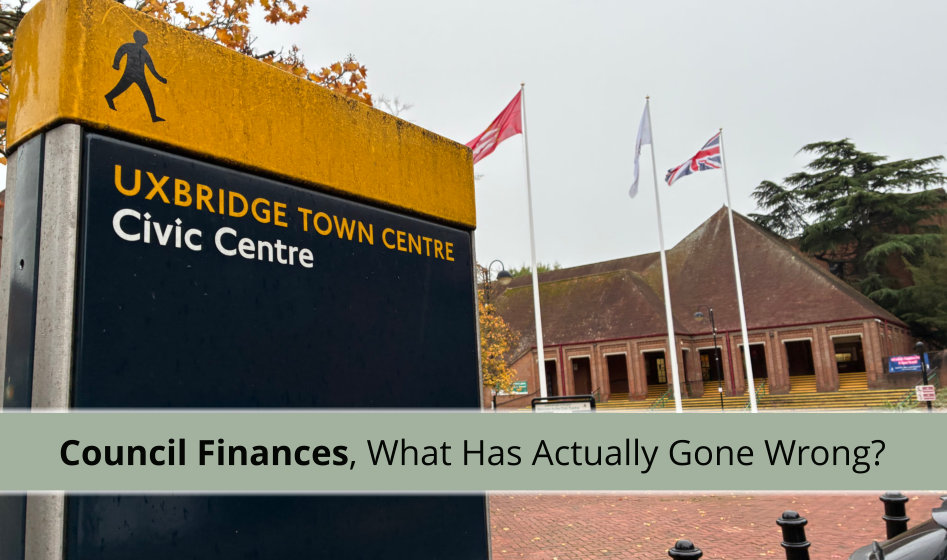
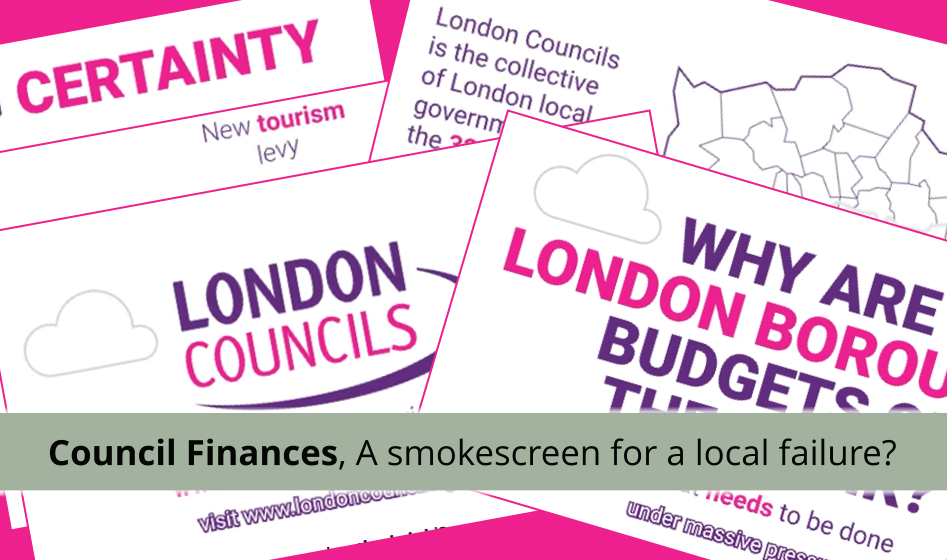
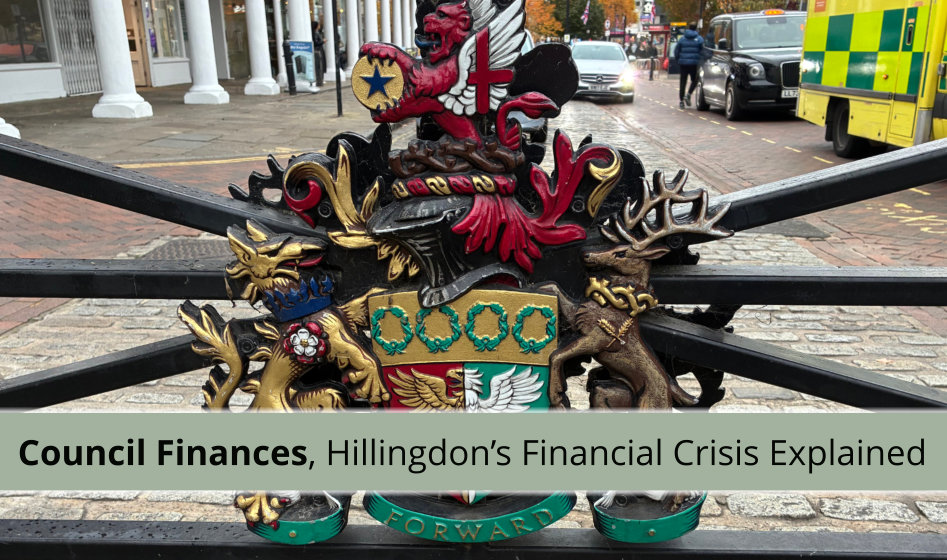
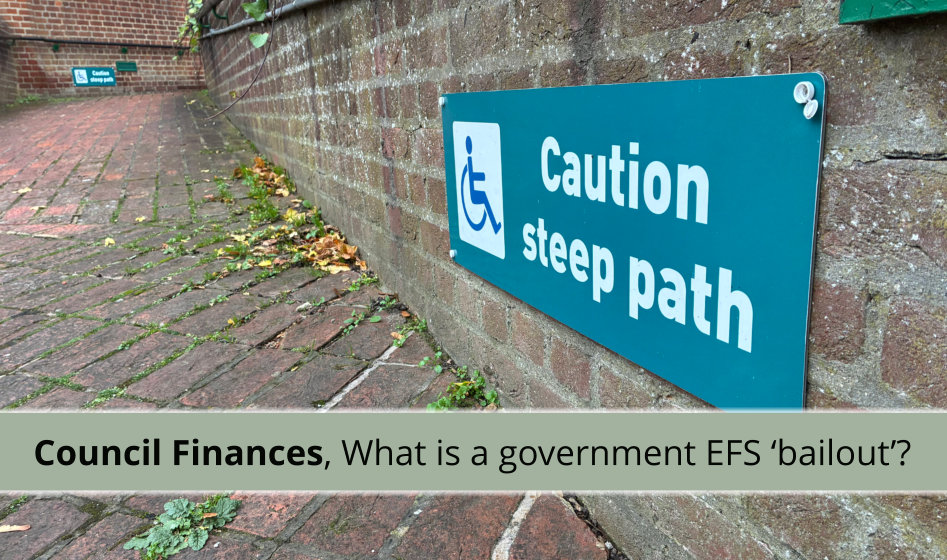
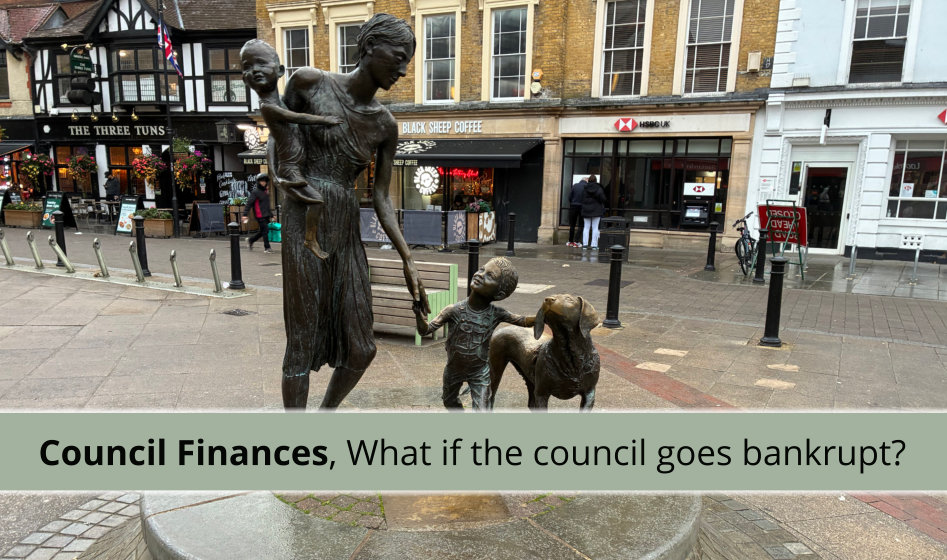

Comments are closed.